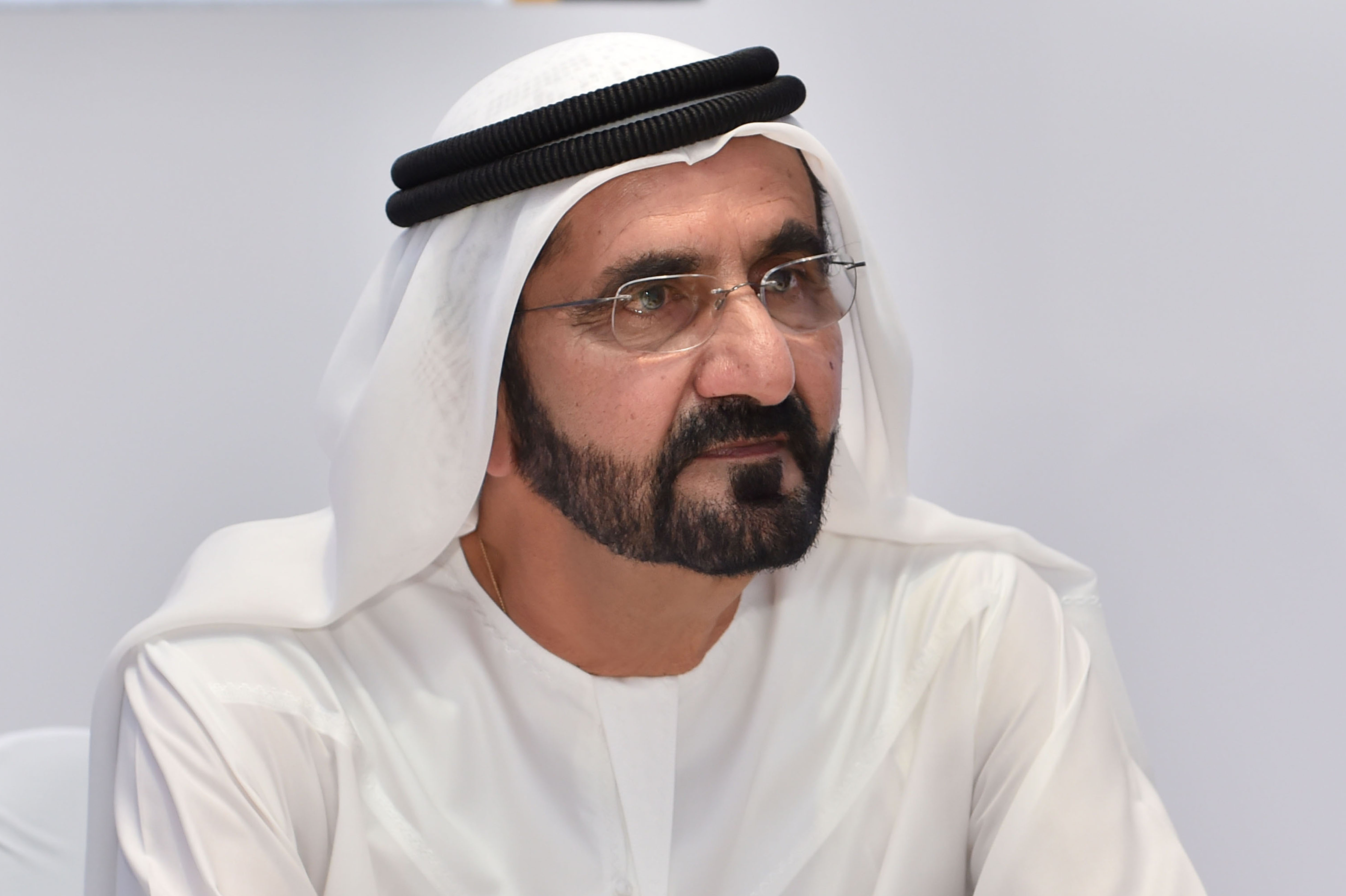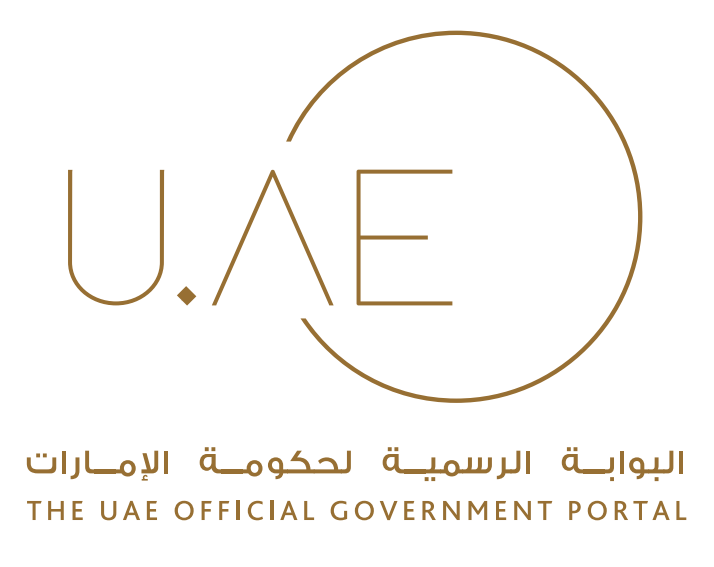Vice President and Prime Minister of the UAE and Ruler of Dubai, His Highness Sheikh Mohammed bin Rashid Al Maktoum issued cabinet resolution No. (1) of 2022 pertaining the executive regulations of federal law No. (33) of 2021 on Regulation of Labour Relations.
The cabinet resolution No. (1) of 2022 identifies 12 work permits, according to the type of residency status. These work permit types include a student training and employment permit, which allows establishments registered with the ministry to train or employ a student in the country who has reached the age of 15, according to specific controls and conditions that guarantee an appropriate training and working environment, and a work permit for citizens and children from GCC countries that allows establishments registered with the ministry to employ citizens or people from the GCC.
A work permit can also be granted to Golden Visa holders upon the request of an entity registered with the ministry to employ a worker who holds this visa.
The resolution also classifies workforce into different categories depending on their degrees and skill sets.
Unless provided otherwise in the New Law or the Executive Regulations, employers and employees must comply with the terms agreed in their employment contracts.
According to the executive regulations, The UAE Ministry of Human Resources and Emiratization may introduce more work models as may be required by the demands of the local labour market. Furthermore, the activities of intermediation, temporary recruitment and employment outsourcing activities are now regulated by the Executive Regulations. It also set out the conditions that must be met by a company or individual wishing to obtain a license (renewed annually) to carry out any of the activities.
The Executive Regulations set out the basic terms that must be included in an employment contract, which include details of the employer and the employee, position, date of joining, work place, working hours, days of rest, probation period, duration of the contract, agreed salary (which must be paid through the Wage Protection System) and any allowances, annual leave, notice periods and procedures for termination.
The Executive Regulations also allow both parties to convert an employment contract from one work model to another if both parties consent, all entitlements under the original contract are paid and any applicable procedures set by the Ministry are met.
The Ministry will provide standard form employment contracts for the various work models, i.e. full-time, part-time, temporary, flexible, remote, job sharing and any other work model determined by the Ministry.
Disciplinary sanctions can be imposed against an employee provided that the appropriate sanction is imposed based on the seriousness and gravity of the violation that was committed. Such sanctions must be imposed in accordance with the standards set by the Executive Regulations, among others.
The UAE’s new labour law for private sector employees, believed to be the most comprehensive reforms to date on the subject, has gone into effect starting Wednesday, February 2.
It addresses several issues including flexible work conditions, salary and employment contract structures, leave, recruitment costs, end-of-service benefits, and workplace harassment, among others.









 For an optimal experience please
For an optimal experience please